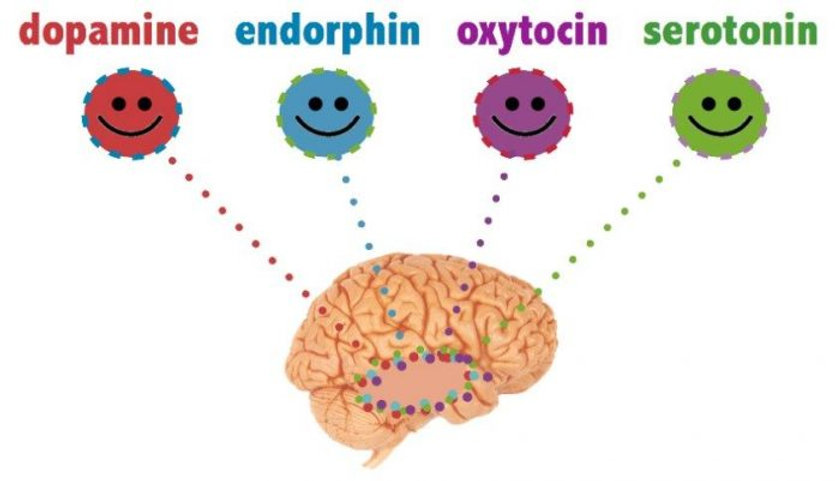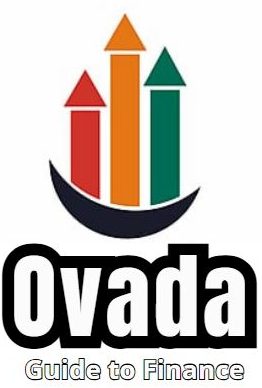 Most of the individuals, both from Romania and from anywhere in the world, access a loan at a certain point in their life. Therefore, when we need a loan we go to various financial institutions to get this amount of money. The advantage of this action is to obtain the desired amount in a short time, compared to the time interval it should save. In Romania, every person who has ever had access to a loan is in the credit office.
Most of the individuals, both from Romania and from anywhere in the world, access a loan at a certain point in their life. Therefore, when we need a loan we go to various financial institutions to get this amount of money. The advantage of this action is to obtain the desired amount in a short time, compared to the time interval it should save. In Romania, every person who has ever had access to a loan is in the credit office.
Content:
- What is the credit office?
- How does the credit office work?
- What information does a person’s credit office hold?
- Who and how can they access information in the credit office?
- Elimination from the credit office
- Is it possible to access a loan like evil?
What is the credit office?
The credit office is a private institution in Romania, established as a joint company in 2003 and has distinguished banking institutions as shareholders. The Romanian credit office, as an institution, is part of the Association of European Credit Offices.
The Romanian credit office deals with the collection and supply of information on customers of banking institutions, being mainly banks. In particular, it provides information on people who have ever contracted a loan, whether it’s bank or non -Bank.
The credit office is a filter for banking institutions, a filter on the basis of which it checks whether a potential customer is bad or not, whether or not it pays for its debts in time, but offers information and which credits had this customer.
How does the credit office work?
The credit office holds the financial information provided by the financial institutions which are its shareholders, but also the financial information provided by other financial institutions in the country. This information has many objectives:
• data for the customer portfolio
• rational financial information on the reimbursement capacity, the degree of debt, the degree of risk, the behavior relating to the loan
• Consulting
• uniform criteria for those who want credits
In particular, when you want to access a credit from a financial institution, this institution checks your financial information at the credit office. Therefore, it will discover if or which other credits you have in accordance with maximum debt (established by the maximum law of 40% of the income), if you are good or bad, if you buy your debts in time or late and so on.
Therefore, the credit office regulates the market by offering greater loans to those who are good payers and greater possibilities for those who are bad payers. Another advantage is the help offered in the recovery of debt: this happens when a person has unpaid debts and must pay them to access another credit.
In the credit office are stored and data on fraud or invented, this information comes from banking and non -banking systems.
The credit office database is common to all institutions that are part of it and is in constant development. Financial institutions constantly transmit information to the credit office and the information held in the database of this are constantly accessible to the institutions.
What information does a person’s credit office hold?
The credit office participants send positive and negative information to its database. We can divide this process into 3 distinct phases:
1. Reporting delays of payment, fraud and declarations with inadmissions
Delays of payment are considered considered when more than 30 calendar days pass from the scandal, without making a payment. The fraud refers to the fraud made in the relationships of the person with the banking institution, an action shown by a decision of the final and irrevocable court. The declarations of inadvertence refer to the false information provided by a person when requesting a loan.
2. Information processing from the institutions of gangent and non -banking
3. Score system – Since 2009, each person has been assessed according to a statistical model and receives a certain note according to their historian, this note is important in the decision of a financial institution to offer you or not
The score system is made according to the Fico score model and contains scores between 300 and 850. A 300 score is very weak, while the 850 is very good. This score is carried out according to 5 criteria:
• The chronology of payments – represents 35% of the score and refers to the readiness to pay the rates, the delays and their duration, the number of arrears
• number of credits in progress – represents 30% of the score and refers to the balance of loans and their type, but also to them refinancing
• The duration of the story – represents 15% of the score and refers to the date of the first credit or on the date of the last credit.
• New loans: it represents 10% of the score and refers to recently open credits, their type, previous information in the credit office
• The type of credit requested – represents 10% of the score and refers to the number of credits in progress and to the type
Who and how can they access information in the credit office?
A natural person has the legal right to get his information from the credit office once a year. In addition to these conditions, the cost for issuing a relationship is 6 she. To get this information, you need to send a request to the credit office.
Elimination from the credit office
There is the possibility of eliminating a person from the credit office, whether it is bad or not. The information relating to a person remains in the credit office database for 4 years, a period that is calculated starting from the payment date of the latest arrears. If all backlogs are not paid, the information on the person will continue to remain in the credit office database.
The 4 -year period in which information on bad payers and good payers remain in the credit office database is constant. The Romanian law obliges to delete the data after 4 years. However, according to the laws of the 2018 GDPR, it is possible to request the cancellation of the credit office with a request to the director of the institution, evaluating it and offering a subsequent response.
Is it possible to access a loan like evil?
If a person is seriously flat and wants to access a new loan, the financial institutions will most likely not give them a loan. This happens because the respective platform has a degree of risk, has a history of non -payment of the debt. To access a new loan, the arrears that are listed in the credit office and the wait for the 4 years or the request for cancellation of the credit office must be paid.
latest posts published

Hormones that determine financial behavior while making decisions under their influence

Payment methods Credits for consumption are getting rid of debt

Financial education for beginners – Cursvalutar.ro

What are the banking guarantees and what risks has a guarantor

Credit Bureau – Everything you need to know

Comfortable contract: taxes and exemptions

What they are and how it works

Strategies to withdraw money from investments

How to have a day without spending?


